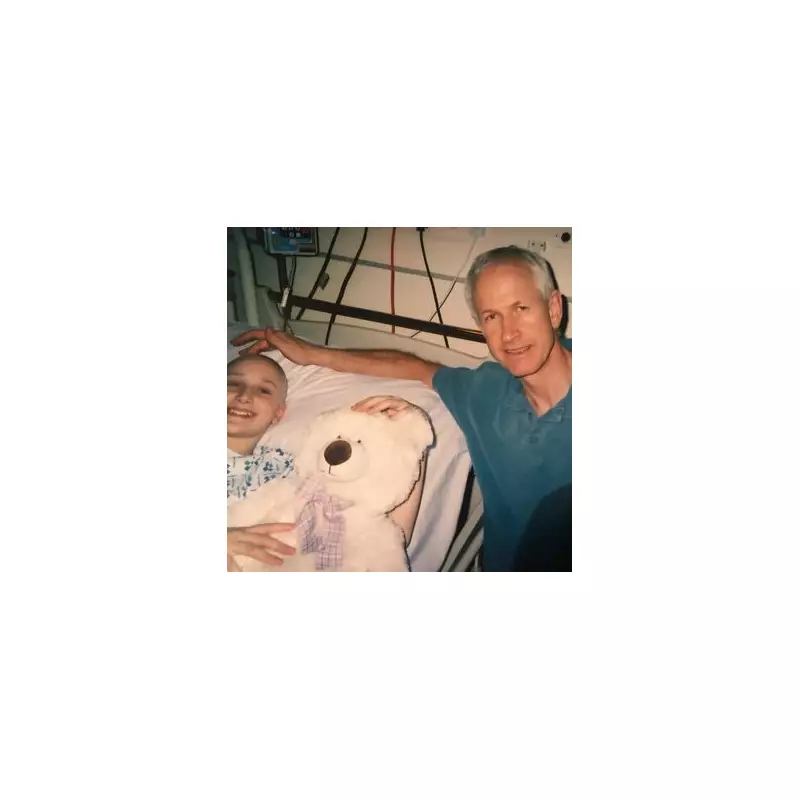
When most people imagine beating childhood cancer, they picture the triumphant moment when treatment ends and life returns to normal. But for one remarkable survivor, the end of chemotherapy marked the beginning of an entirely different battle - one fought in silence and isolation.
The Hidden Struggle After Survival
"I felt completely invisible, like a ghost walking through my own life," shares the survivor, whose journey through cancer treatment was only the beginning of her challenges. "When the hospital appointments stopped and the congratulations faded, I was left alone with the emotional scars that nobody could see."
From Patient to Person: The Difficult Transition
The transition from cancer patient to survivor proved more difficult than anyone had anticipated. After years of intensive treatment and constant medical attention, the sudden absence of that support structure left a void that friends and family struggled to understand.
"During treatment, I had a clear identity - I was the girl fighting cancer. Everyone knew how to treat me, what to say, how to help," she explains. "But when I was declared cancer-free, that identity vanished overnight, and I was left wondering who I was supposed to be."
The Loneliness of Survival
The emotional toll of survival manifested in unexpected ways:
- Social isolation: Friends had moved on with their lives during her treatment years
- Mental health challenges: Anxiety and depression became constant companions
- Identity crisis: Struggling to find purpose beyond being a "cancer survivor"
- Physical changes: Coping with the lasting effects of treatment on her body
A Call for Better Aftercare Support
This powerful story highlights the critical need for improved psychological support and aftercare for childhood cancer survivors. While medical advances have dramatically improved survival rates, the emotional and psychological support systems haven't kept pace with these medical breakthroughs.
"We pour enormous resources into saving these children's lives, but we need to do more to help them live those lives fully afterwards," emphasizes the survivor, who now advocates for better mental health support for young cancer patients.
Finding Light in the Darkness
Through connecting with other survivors and seeking professional help, she gradually found her way back to living rather than just surviving. Her journey serves as both a cautionary tale and a beacon of hope for the thousands of children who survive cancer each year.
"It took years, but I finally learned that surviving cancer was just the first chapter of my story, not the entire book," she reflects. "Now I want to help ensure that other young survivors don't have to feel as alone as I did."





